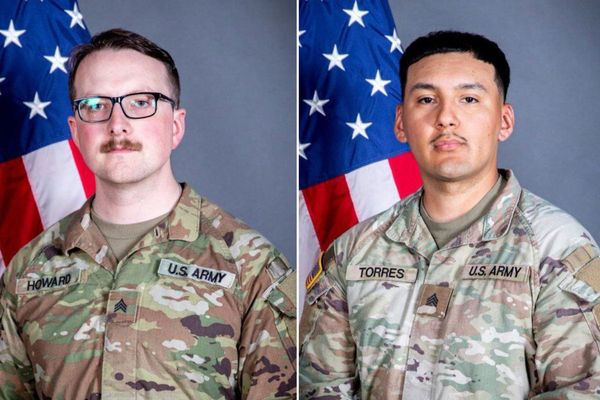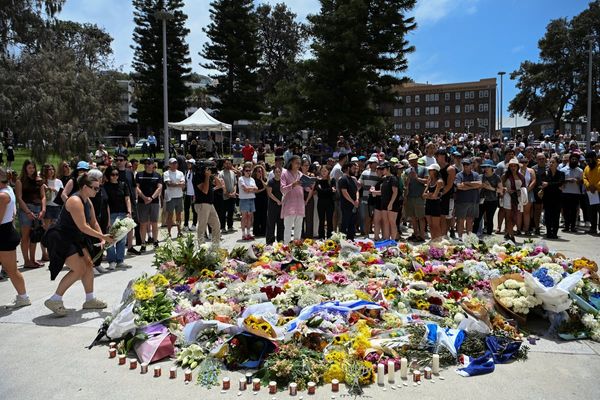
The Queensland Human Rights Commission says it holds grave concerns about the exclusion of the state’s police force from an Indigenous truth-telling inquiry, arguing the institution’s dark colonial history must be unearthed.
The path to treaty bill, introduced into state parliament in February, will lay the groundwork for reconciliation between First Nations people and the Queensland government.
Part of the treaty process is a three-year truth-telling inquiry that will report on the impacts and effects of colonisation on Aboriginal and Torres Strait Islander people.
But Queensland human rights commissioner, Scott McDougall, said it was alarming that the inquiry would not include the police in the proposed legislation.
“Given the central role of the Queensland police service in the brutal colonisation of Queensland and … the devastating and ongoing impact of that colonisation on Aboriginal and Torres Strait Islander people, it is fundamentally important that the inquiry have the power to compel the Queensland police service to participate in the inquiry,” McDougall told a parliamentary inquiry on Monday.
First Nations people were targeted in the frontier wars in Queensland, including by a “native police” body that operated from 1849 until the 1920s. The unit included forcefully recruited Aboriginal and Torres Strait Islander men, who were ordered by white officers to kill and move many Indigenous people off the land to enable European colonisation.
McDougall said Indigenous witnesses should not have to “carry the load” of the path to treaty and all relevant institutions should be appropriately resourced to participate in the process.
“The ignorance within the broader Queensland community about what actually occurred in Queensland in the 1800s lies at the root of so many problems that we see played out day to day on the streets,” he said.
“So this has got to be a transitional justice process that requires the involvement of the entire Queensland community at all levels.”
The senior policy officer at the QHRC, Heather Corkhill, said it was a “quick fix” to amend the legislation and include the state’s police, as well as missionaries, faith-based service providers and NGOs.
The Queensland police service has been contacted for comment.
The Department of Aboriginal and Torres Strait Islander Partnerships said they had considered the issue “in detail” with the Interim Truth and Treaty Body.
“The agreed outcome was to limit this to the chief executive officers of Queensland government entities,” the departmental response to the bill’s submission said.
“In relation to Queensland police service, this issue will be further considered given the intent was for the powers to apply.”
McDougall also lashed the three-year timeframe for the inquiry, saying it “was ambitious, if not unrealistic”.
“Notably, the Yoorrook Justice Commission in Victoria has sought a two-year extension beyond its three-year timeframe,” he said.
“Given the much greater size cultural diversity and the different historical and contemporary experiences of Queensland communities, it is apparent that a five-year period would be more appropriate and would reduce the risk of disengagement by communities that feel pressured into fitting within a timeframe.”
Shane Hoffman, a committee member of the Foundation for Aboriginal and Islander Research Action, said it was a “major concern” that the treaty institute council is not independent of the government.
Currently, the minister for Aboriginal and Torres Strait Islander partnerships may recommend a First Nations person to be appointed as a member if they are “satisfied the person is appropriately qualified”.
Hoffman recommended that instead the government set up a series of land councils and each could select representatives for the treaty institute.
“When the council is appointed … on the advice of the minister it’s really the minister and the government who choose the members of the council. So that doesn’t indicate true independence, even though the law might say that they should act independently,” he told the parliamentary inquiry.







